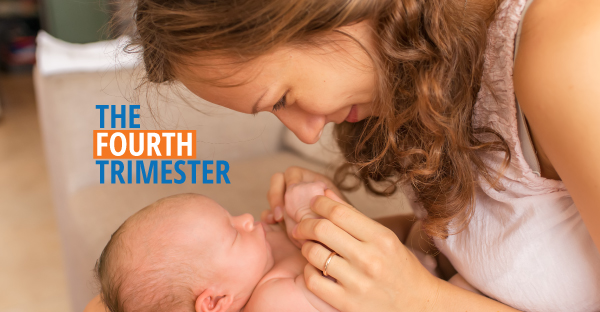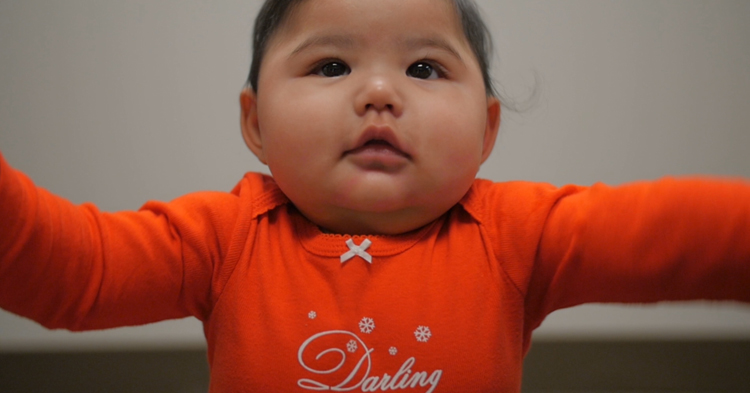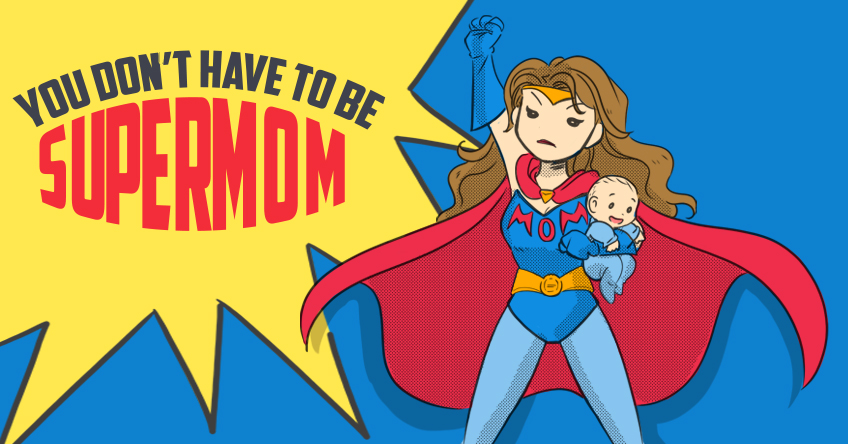
Most expectant parents break a pregnancy down into three trimesters, counting down to the baby’s birth in weeks. Once the baby arrives, they stop counting because they’ve reached the perceived finish line and are suddenly facing the new demands of parenthood.
But those new, sometimes confusing and often draining demands are the very reason why a number of experts prefer to view the first few months after the birth of a child as the “fourth trimester.” It’s a time of transition when a baby is learning to live outside the womb, and parents are learning what it’s like to take care of a totally-dependent little human.
Erin Nicoletti, a Phoenix mom to 8-week-old Leo, thinks the concept of a fourth trimester puts the challenges of being a brand-new mom in perspective. It’s a time, she said, when a baby and mother are growing and changing together.
“They really need to be as close to what they experienced in the womb, Nicoletti said of newborns. “They really need you.”
Changing the conversation
The fourth trimester recognizes that a mother and a newborn are still critically connected, both emotionally and physiologically, despite the fact that the two are no longer physically linked.
“Everything is changing for the mother.”
Jennie Bever, executive director of 4th Trimester Arizona, believes that in order to support new moms during that period of transition, the conversation needs to change to recognize that the interdependence between a mother and a baby during pregnancy continues during those first few months.
“Everything is changing for the mother,” Bever said of the fourth trimester. “Her relationships, work, her body is healing, and she’s having to have to figure out how to breastfeed as well. It’s a stage in life where everything goes sideways, and we don’t have space for that in our community.”
Bever hopes to change that by talking about all the realities of the fourth trimester, connecting new parents with the resources they need to feel confident in those first few, sleep-deprived months, and building awareness among new parents that confusion and difficulties are expected and common.
“We’re all going through the same thing,” she said. “We mostly have to come together as a community, knowing it’s a hard phase of life, and then it will be normal for it to be hard.”
The challenges of the fourth trimester
Challenges during the fourth trimester vary from parent to parent, but most often include sleep deprivation and fatigue, physically healing from childbirth, learning to breastfeed and care for a newborn, navigating sex and intimacy with your partner, processing hormonal changes, and evaluating your identity both personally and professionally.
In addition, 20-25% of new mothers experience postpartum depression or anxiety and either don’t recognize it or don’t feel comfortable seeking help for it.
“…we need to make sure the ones who do need help feel safe to ask for it.”
“Some of it’s hormonal and it’s normal, but if you’re not ready for it, you’re going to be sitting around wondering what’s wrong,” Bever said. “I think that’s a big phase. For us to make sure moms are okay, we need to make sure the ones who do need help feel safe to ask for it.”
Bever believes the best way to create that comfort level is to raise the collective community consciousness about the very normal struggles that arise during the fourth trimester, so parents feel embraced during a difficult period and those around them feel a sense of empathy for a phase of life every new parent has to go through.
“Instead of you feeling like you got hit by a truck, you realize it’s normal,” Bever said.
The power of positive support
Nicoletti’s fourth trimester with Leo hasn’t been as traumatic as a collision with a truck, but the fourth trimester with her first born, Penny, was a little bumpier. Despite taking a sleep class and following all the tips the sleep therapist suggested, Penny just wasn’t following the playbook.
But, an exhausted call to the therapist confirmed a couple things that as a new mom she never knew. Some babies just don’t sleep great, the therapist told her. And, yes, she was doing everything right.
It’s hard to quantify the impact of receiving positive support when you’re navigating the at-times turbulent fourth trimester, but for Nicoletti, that conversation with her sleep therapist gave her more confidence.
“It felt so good to hear that,” she said.
Where to find help
First Things First offers resources, at no cost, to all new parents across Arizona.
The Birth to Five Helpline, which can be reached at 877-705-KIDS, allows parents to speak with a specialist about early childhood issues, including sleep, fussiness and feeding, potty training and child development, among other topics.
First Things First also supports dozens of parenting and family support programs available in communities across the state. Classes, family resource centers and home visiting programs are all available at no cost to you and will support you with positive guidance and information. Use our search tool to find programs near you.
You can also learn more about facing the challenges of those first few months in our other online parenting resources, including:
- Parent Kit: At Home with Your Newborn
- Parent Kit: Your Infant
- pArentZpod: The Basics of Baby and Toddler Development
To learn more about the resources available through 4th Trimester Arizona, including the group’s monthly gatherings and its upcoming storytelling evening, visit www.4thtrimesteraz.org.





